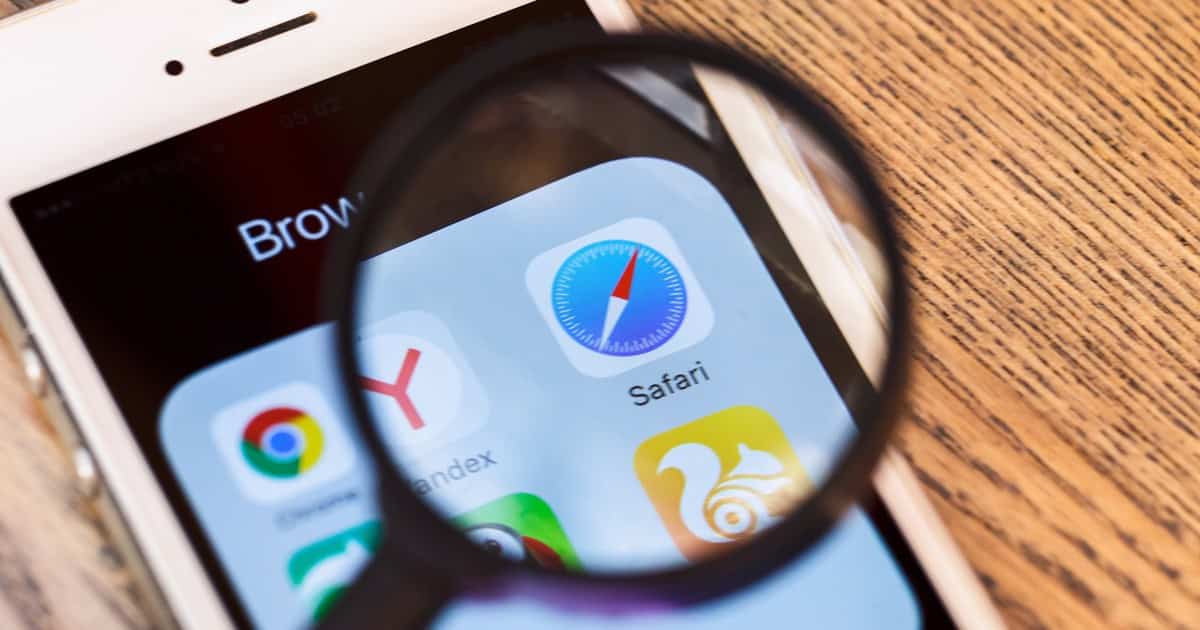Apple has just done an extremely rare backtrack on one of its initial decisions about its iPhone software. The company today updated developer documentation to announce that it will not block home screen web apps, also known as Progressive Web Apps (PWAs) on iPhones in the European Union (EU) with iOS 17.4.
Today’s decision comes after the Cupertino-based giant initially blocked and reduced features from PWAs in iOS 17.4 to the point where they just acted as website shortcuts. Apple cited security risks, as well as the Digital Markets Act (DMA.) which forced Apple to allow alternative browser engines on iPhones as part of the decision. This angered developers, and Open Web Advocacy, which wrote a letter to Tim Cook and pushed for changes to be made. Things even went as far as the European Commission getting involved, digging into the issue, and reaching out to developers for comment. In updated documentation today, Apple mentioned all these issues, noting:
“The need to remove the capability was informed by the complex security and privacy concerns associated with web apps to support alternative browser engines that would require building a new integration architecture that does not currently exist in iOS. We have received requests to continue to offer support for Home Screen web apps in iOS, therefore we will continue to offer the existing Home Screen web apps capability in the EU. This support means Home Screen web apps continue to be built directly on WebKit and its security architecture and align with the security and privacy model for native apps on iOS.”
The change should take effect in early March when iOS 17.4 is released and has a far-reaching impact. If Apple hadn’t reversed this decision, cloud gaming services, or anything without a native iPhone app, and running as a PWA would have severely been limited on iPhones. Essentially, the PWAs wouldn’t have felt quite as native or not run full screen. It’s important to note, though, that Apple still holds that only a small number of users would have been impacted by the change, but developers behind apps like Spotify are still angry and have written a letter to the European Commission on Apple’s Lack of DMA compliance.
Even as the iOS 17.4 RC was pushed earlier this week, today’s decision shows that Apple has a lot of work ahead of itself in building localized versions of iOS. Today’s change doesn’t apply to anyone outside of the EU.
